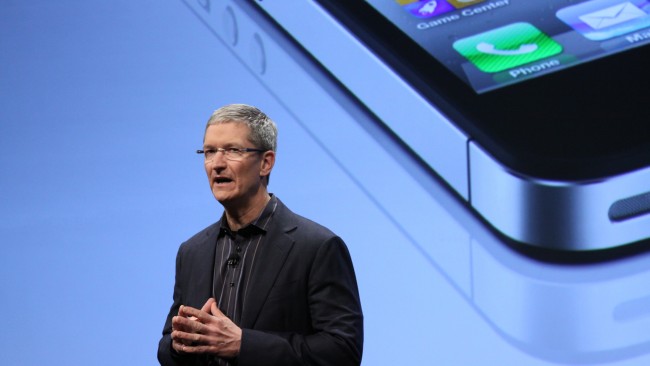Google Wallet was announced in May 2011. It’s now been 14 months since the company said they would change the way we pay for things. Have they? Absolutely not. Then there’s ISIS, a mobile payments company setup by three of the four major American operators. They announced their intent to replace the calfskin bifold in your pocket in November 2010. Have they? Nope, strike two. So what about Apple, when are they going to show us their mobile payments solution? According to The Wall Street Journal, they’re going to just let everyone else figure it out. When a viable solution starts picking up traction, they’ll refine whatever service is being adopted, and then blow our minds with their own take on said service. If you’re interested in why Apple made this decision, you really should check out the WSJ piece. It goes through all the options Apple went through internally before deciding to just sit on the sidelines.
Does this mean Apple isn’t innovative anymore? That’s debatable. Apple’s products, for the most part, have always been refined versions of stuff that was already out on the market. The iPod wasn’t the first MP3 player, but it was one of the easiest to use. The iPhone wasn’t the first smartphone, but it was the one that made sense to a lot people. The iPad definitely wasn’t the first tablet on the market, but it was the first to ship without a stylus, and the familiarity of iOS made people comfortable with it. So should the next iPhone not come with NFC, well … that would suck for people who care about spec sheets, but is it really going to matter? Nope.
For what it’s worth, here’s a summary of why it’s taken so long to get mobile payments working: Your operator owns you, so they want to be the ones who issues you a device that you then use to pay for things. They’d take a small cut from said purchases. Your bank own you, they handle your money, so they want to be the one that you have to interface with to make the NFC chip in your new phone pay for things. Visa and MasterCard issue the pieces of plastic you already use on a daily basis. Their logos are in stickets on shop doors all around the world. They want to continue being the dominate players.
Can you see why this is all so nasty? Politics, not technology, is slowing things down.
